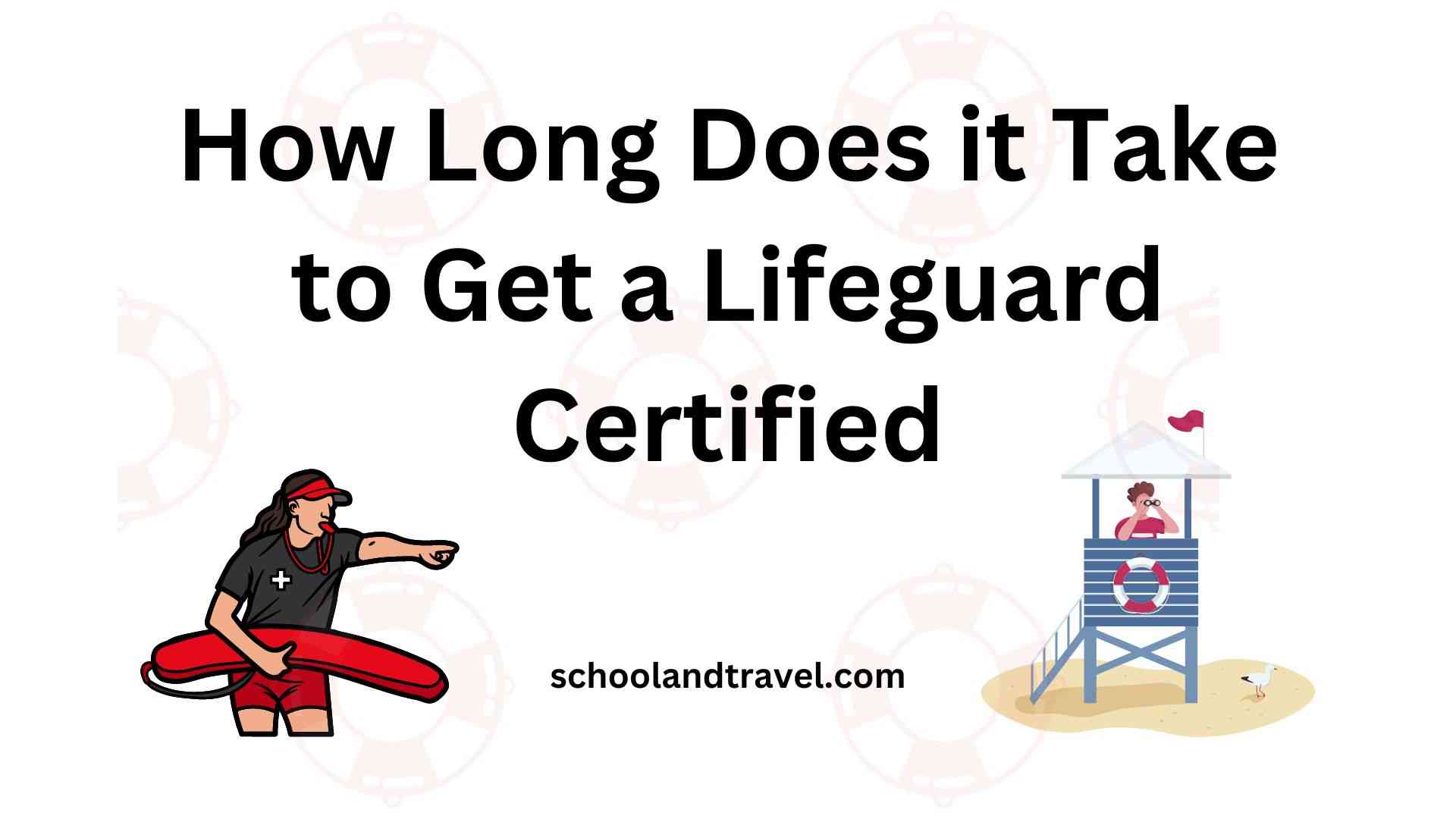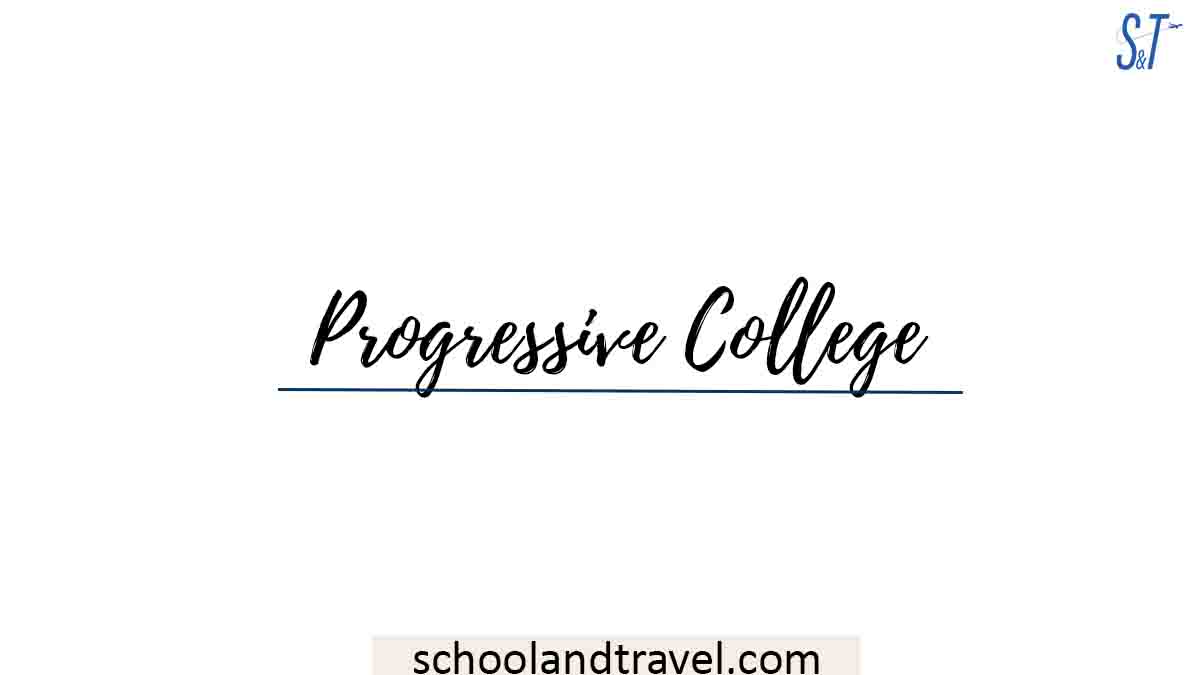Lifeguards rescue swimmers when caught up in danger and give CPR and first aid to keep them alive.
Before taking up this job, lifeguards undergo rigorous training and a series of assessments to confirm their abilities to discharge their duties effectively.
Knowing how long it takes to get a lifeguard certification can help you decide whether it is worth your time.
In this post, we will provide information on the duration it will take for you to get a lifeguard certification, what a lifeguard certification is, and other helpful information that will help you become a certified lifeguard.
What is a Lifeguard Certification?
Lifeguard certification is a qualification awarded to people who have demonstrated the skills required to work as a lifeguard.
In certification training, people engage in drills that teach them how to render quality accident prevention services, assess their environments for possible dangers, spot any imminent threats, and implement safety regulations.
Lifeguard certification training also empowers one to know how to administer quality medical care. A lifeguard certification remains the number one requirement for landing a lifeguard job in most countries.
Is Lifeguard a Good Career Path?
Becoming a lifeguard is a good thing. Saving people’s lives while on this job will leave you very accomplished.
Also, this job is exciting because no two days on it are the same, and it also allows you to connect with people from different parts of the world.
Being a lifeguard is fun, and you will learn many life skills while discharging your duties daily.
Steps for Obtaining a Lifeguard Certification
You can obtain a lifeguard certification by following the steps below:
1. Decide on the type of certifications you desire
Before applying for any lifeguard certification, decide on the kind of lifeguard certification that would be suitable for you.
While some certifications will only enhance your abilities as a lifeguard, others will empower you with the knowledge to take up a job in various environments, such as shallow water, deep water, and so on.
You are also expected to decide on the learning pattern that will work well with your schedule. Institutions that offer lifeguard training do so in either a hybrid (online and physical) or physical format.
2. Search for any association that provides local sessions
Several bodies out there provide lifeguard training. It would be best to undergo this training with an organization nearby.
The YMCA and the American Red Cross are examples of associations that provide physical lifeguard training.
A certification from any recognized health body will spur your chances of landing a good lifeguard job.
3. Make sure you do well on the pre-course skills assessment
To enroll in many lifeguard courses, you have to take a pre-course skill assessment. This test is carried out to evaluate your skills, strength, and stamina.
It also aims to ensure you have the elementary skills for safely surviving in water. Examples of such tests include;
- Swim 300 yards without rest and demonstrate normal breathing throughout the action.
- Complete a scheduled activity that features diving to the bottom of the body of water to recover a weighted item.
- Tread water for about two minutes nonstop without the help of your arms.
You cannot become a Lifeguard if you do poorly on the pre-course assessment test.
To do well on the pre-course test, you must train on your well ahead of the moment and master the routines listed above.
To make things easy for you, begin with adjusted training first. For instance, you can begin with 50 yards before increasing your limit as the days pass.
4. Enrol in and complete a lifeguard course
Immediately you are satisfied with your fitness test performance, enroll in and complete a lifeguard course.
This course will allow you to learn the techniques for averting, detecting, and reacting to all tragedies around or in water bodies.
You will also learn how to administer CPR, AED treatments, and first aid.
Additionally, you will learn how to care for cardiac and breathing difficulties and the safety practices you must always uphold when discharging your job as a lifeguard.
Most of the lessons that you will take over the course of this training are not only theoretical but also involves practical coursework too. This helps to prepare you very well for the exams.
5. Take the qualifying exams
You can take the certification exams at the end of all classes.
Although the structure of a lifeguard certification exam differs according to the body that offers it, one clear thing that most certification bodies have in common is that their examination has two sections; theory and practical.
Nonetheless, both sections still assess knowledge and physical abilities.
The first section of the certification exam, the written part, has a pass mark of 80%. Candidates that achieve this score and do well on the physical segment of the test will receive a certification.
6. Apply for renewal
Lifeguard certification is valid for two years only. You must renew your certification to keep working as a lifeguard once it expires.
You must take continuing education classes and pass an exam to earn a renewal.
The renewal process allows you to acquire knowledge of the latest lifeguard practices and develop the most critical lifeguard abilities.
What is the Length of Time Required to Obtain a Lifeguard Certification in the United States?
The duration required to obtain a lifeguard certification varies according to the organization. However, it takes an average of 28 hours to complete a lifeguard certification course in the United States.
While the physical learning format will require up to 29 hours of dedicated theoretical and practical learning, the hybrid program takes about 20 hours of physical training and 7 hours of online learning.
Tips for Obtaining a Lifeguard Certification
1. Be dressed appropriately for the test
Before your swimming test, put on swimming gear. This will make you more comfortable and help you to perform well on the test.
Furthermore, wear some goggles if you feel it will help you do better. Always carry a swimsuit in a bag from the first to the last day of the training so you are not caught unawares on the day of the practice.
2. Be inquisitive
During the class, please don’t hesitate to ask your tutor about what it is like to be a lifeguard.
Most organizations employ experienced instructors to groom aspiring lifeguards, so they know so much about the job. They can also direct you on how you can find a good lifeguard job that pays well.
Also, asking questions in class will help your colleagues to take notice of you, and some of them be naturally drawn to be your friends.
3. Connect with others
It does not matter if you enrolled in a traditional or hybrid lifeguard program; make it a duty to develop a good relationship with your colleagues.
It does not matter if the program lasts just a couple of days; it can assist you in developing your abilities and mastering concepts quicker.
Connecting with them right from your training days can also assist them in linking you up with good opportunities available for lifeguards.
4. Begin your training early
Don’t wait till you reach the minimum age required for enrolling in a lifeguard certification course before you start to train for the pre-course assessment.
However, ensure you are ready for the pre-course test months before you clock the minimum age so you can scale through at the first trial.
If a professional body offers an amateur course that will prepare you for the real deal, ensure you sign up for it. This will assist you to land your official certification with ease.
Frequently Asked Questions (FAQs) on Lifeguard Certified
It takes an average of 36 hours to complete a National Pool Lifeguard Qualification Course in the United Kingdom.
The average salary of lifeguards in the United Kingdom is £12 per hour.
The qualification required to work as a lifeguard in the UK is the National Vocational Beach Lifeguard Qualification (NVBLQ).
Lifeguards at the sun-kissed beaches of the California Coast make more money than Lifeguards in any other part of the world.
Conclusion
Lifeguards are trained professionals who swim out to save distressed swimmers and administer first aid and cardiopulmonary resuscitation (CPR).
Before being allowed to work as a lifeguard, candidates must pass several tests to ensure they have the skills to perform the job successfully.
It takes an average of 28 hours to complete a lifeguard certification course in the United States. However, to quickly acquire this license, apply the tips listed above.
Awesome one; I hope this article answers your question.
Editor’s Recommendations:
- 15 Best Jobs To Do At 15 (Benefits, FAQs)
- Jobs For 16-Year-Olds that pumps cool cash ($$$)
- Jobs For 15-Year-Olds that pumps cool cash ($$$)
- 11+ Highest Paying Jobs With a History Degree (Tips, FAQs)
- 11+ Top Jobs That Don’t Require SSN (Benefits, FAQs)
If you find this article good, please share it with a friend.






